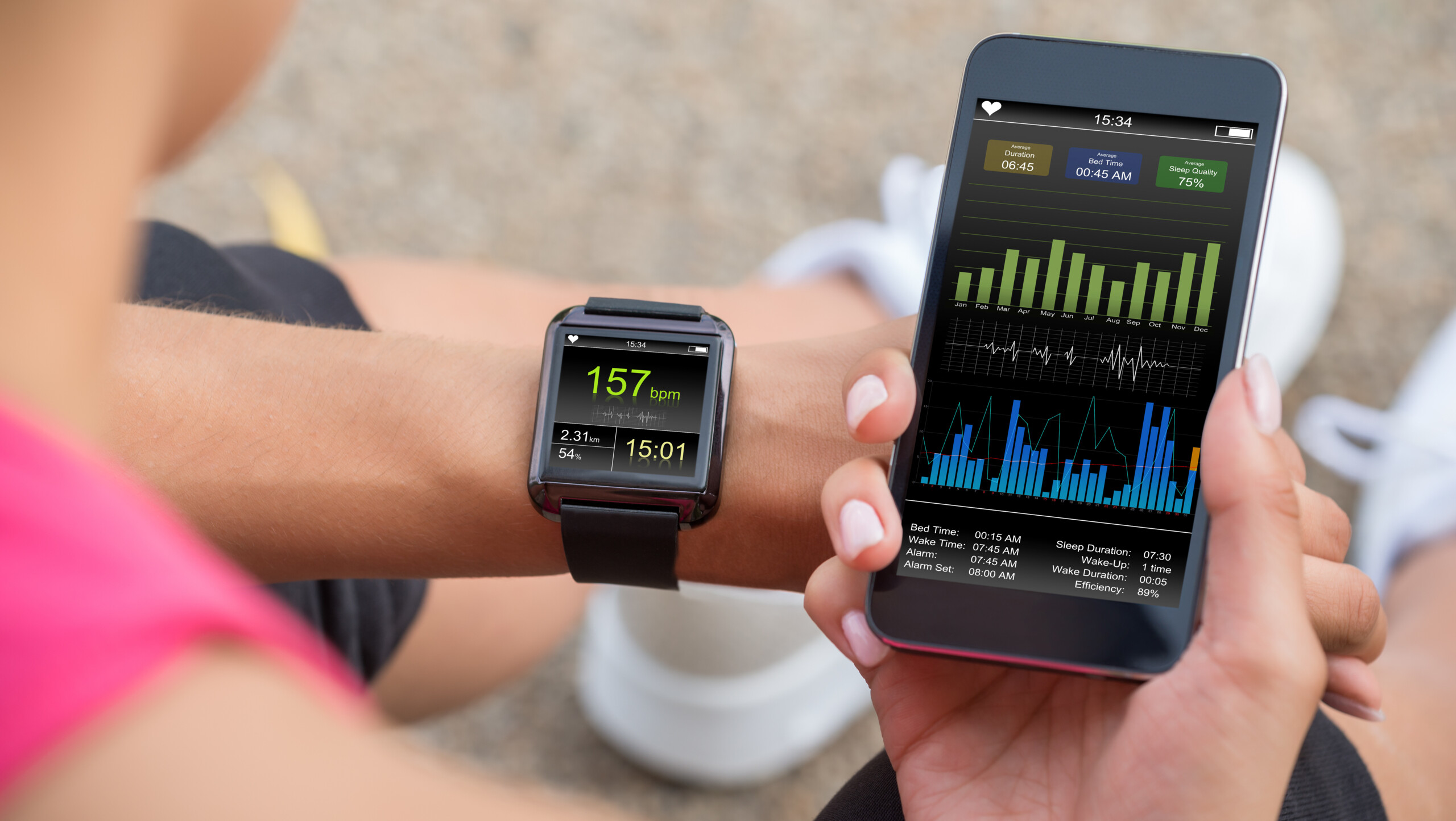Imagine knowing the exact location of your loved ones or fleet vehicles in real-time—anytime, anywhere. GPS tracker programs make this possible, revolutionizing safety and efficiency like never before.

In an era where every second counts, GPS tracker programs have emerged as indispensable tools for individuals and businesses alike. From ensuring the safety of children to optimizing fleet operations, these programs offer unparalleled benefits. But what exactly are they, and how can they transform your daily life? This comprehensive guide dives deep into the world of GPS tracking, exploring its mechanics, benefits, applications, and challenges. By the end, you’ll understand why these tools are no longer a luxury but a necessity.
A GPS tracker program leverages Global Positioning System (GPS) technology to pinpoint and relay the location of a device, vehicle, or person. At its core, it consists of a GPS receiver that gathers location data and software that processes and displays this information in a user-friendly format—often through an app or web interface.
Satellite Communication: GPS trackers connect with a network of satellites to determine precise coordinates.
Data Transmission: The collected data is sent to a server via cellular or satellite networks.
User Access: Users can view real-time or historical location data through a dashboard or mobile app.
Real-Time Tracking: Monitor movements as they happen.
Geofencing: Receive alerts when a device enters or exits predefined areas.
Route History: Review past routes for analysis or accountability.
Alerts and Notifications: Instant updates for speed limits, unauthorized movement, or emergencies.
Whether it’s a standalone device attached to a car or a smartphone app, GPS trackers cater to diverse needs with precision and reliability.
GPS tracker programs aren’t just about knowing locations—they’re about enhancing safety, efficiency, and peace of mind. Here’s how:
For Parents: Track your child’s whereabouts in real-time, ensuring they’re safe at school or play. Geofencing alerts you if they stray beyond set boundaries.
For the Elderly: Monitor seniors with dementia or mobility issues, receiving alerts if they wander off.
For Pet Owners: Locate lost pets quickly with wearable GPS collars.
Fleet Management: Optimize delivery routes, reduce idle time, and cut fuel costs by up to 20%.
Driver Behavior Monitoring: Promote safe driving habits and reduce accident risks.
Theft Recovery: Recover stolen vehicles or assets swiftly with real-time location data.
Adventure enthusiasts can share their live location with family during hikes or road trips.
Solo travelers can use SOS features to alert emergency contacts if needed.
The benefits are clear: GPS trackers save time, money, and lives.
Not all GPS trackers are created equal. Here’s a breakdown of the most common types:
Design: Compact, wearable, or clip-on.
Ideal For: Children, elderly, pets, or personal belongings.
Features: Geofencing, SOS buttons, and long battery life.
Design: Hardwired or plug-and-play devices.
Ideal For: Fleet management, car owners, or logistics companies.
Features: Real-time tracking, engine diagnostics, and driver scorecards.
Design: Apps like Life360 or Find My iPhone.
Ideal For: Families or small businesses.
Features: Shared location, geofencing, and low cost (or free).
Choosing the right type depends on your specific needs—whether it’s safeguarding a loved one or streamlining business operations.
From personal safety to industrial efficiency, GPS trackers are making waves across sectors:
Child Safety: Schools and parents use wearables to track kids during commutes or outings.
Fitness Tracking: Runners and cyclists map routes and share locations for safety.
Logistics: Companies like Amazon and UPS rely on GPS to track deliveries and reduce delays.
Construction: Monitor expensive equipment to prevent theft or misuse.
Search and Rescue: Locate missing persons faster with GPS data.
Disaster Response: Track relief supplies in real-time during crises.
The versatility of GPS trackers ensures they’re valuable in almost any scenario.
While GPS trackers offer immense benefits, they’re not without limitations:
Issue: Continuous tracking can feel invasive.
Solution: Have open conversations with family or employees about boundaries and consent.
Issue: Urban areas or dense forests may disrupt GPS signals.
Solution: Use hybrid trackers (GPS + GLONASS) for better accuracy.
Issue: Advanced features often come with subscription fees.
Solution: Compare plans and opt for scalable solutions.
By addressing these challenges proactively, users can maximize the benefits of GPS tracking.
GPS tracker programs are more than just tools—they’re lifelines for safety and efficiency. Whether you’re a parent, business owner, or adventurer, these devices offer solutions tailored to modern needs. By understanding their features, benefits, and limitations, you can make informed decisions to protect what matters most.
Ready to take control? Explore GPS tracker programs today and unlock a safer, smarter tomorrow.